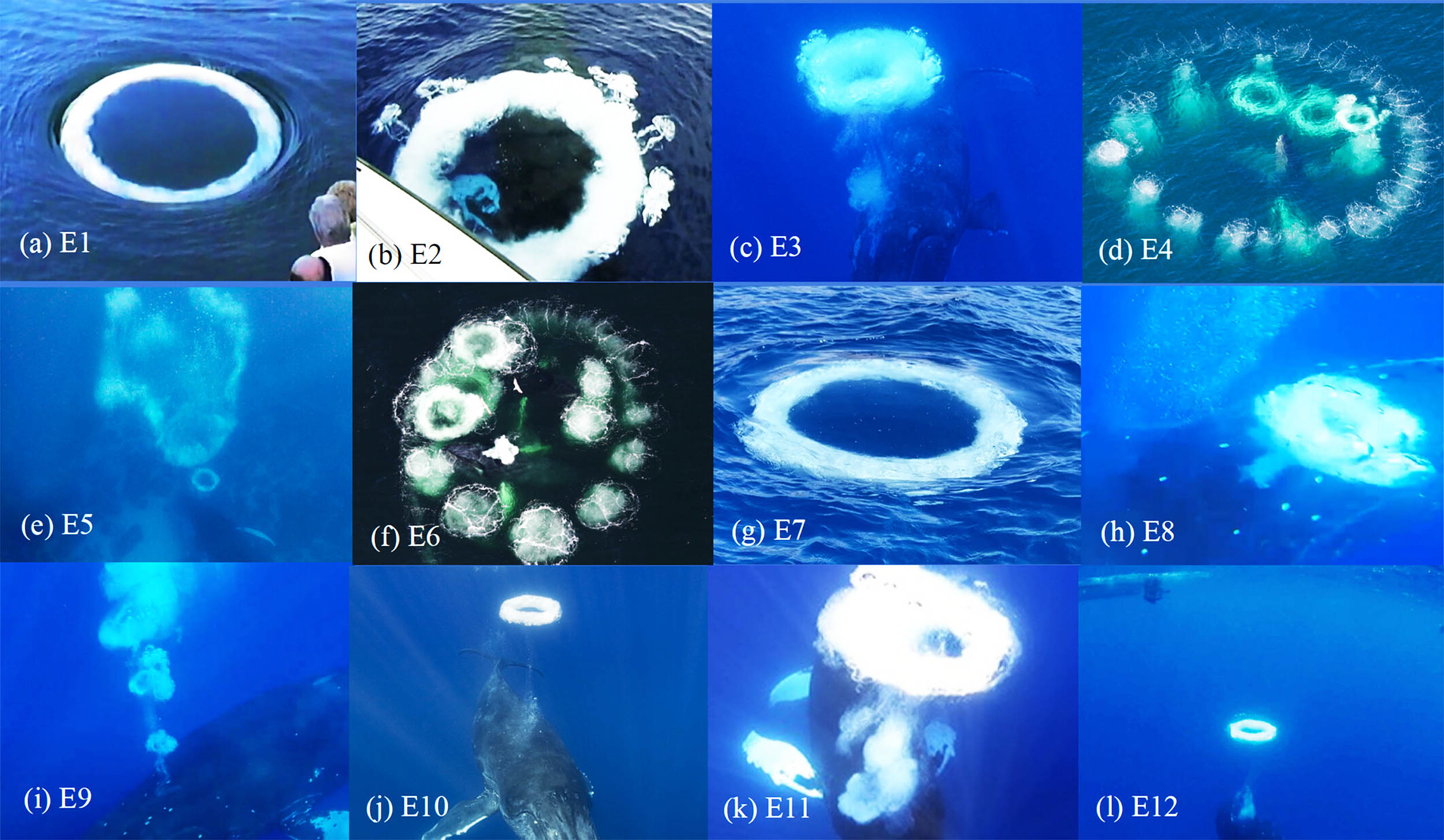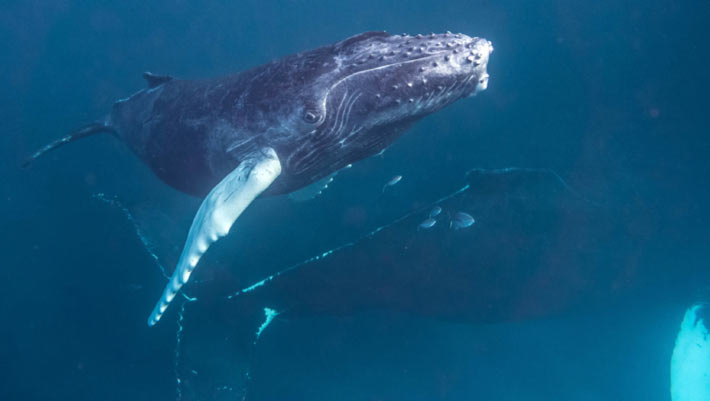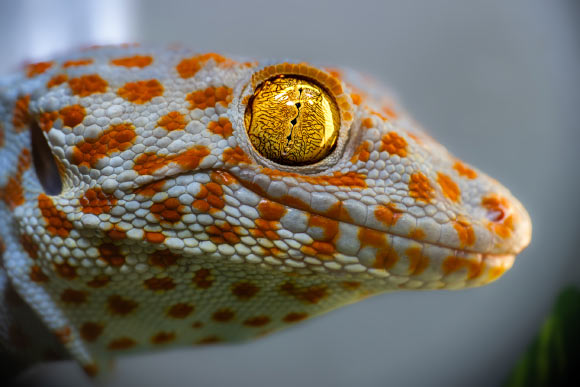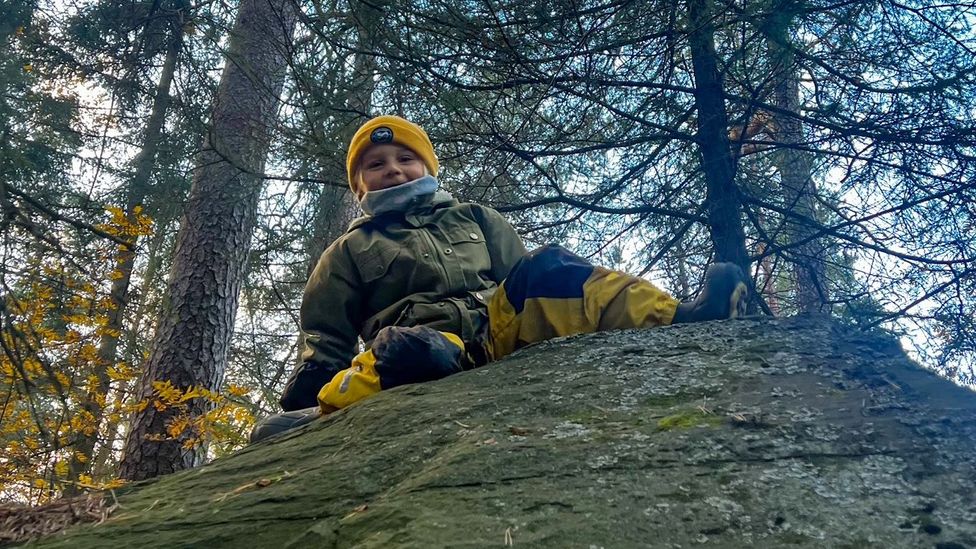
Humpback whales were observed blowing bubble rings near humans. This rare behavior may reflect playfulness, curiosity, or communication.

Dolphins are incredible marine mammals that have "names" for each other, just as humans do, and they use these names to chatter among themselves.

Simply looking at nature - or even just digital pictures of it - can relieve pain, according to new research which scanned the brains of people receiving electrical shocks.

An international team of researchers have discovered hidden structures within whale songs that exhibit striking parallels to human language.

Have you heard of the 3+30+300 rule for urban forestry? See how Melbourne and Sydney compare to New York, Denver, Seattle, Buenos Aires, Amsterdam and Singapore on trees, canopy and park proximity.

Emerging research suggests that we may absorb essential nutrients from the air we breathe, a concept now being explored under the term “aeronutrients.”

A new study explores how marine biodiversity conservation, human health and wellbeing are connected.

Geckos use the saccule - a part of their inner ear traditionally associated with maintaining balance and body positioning - to detect low-frequency vibrations, according to a duo of biologists.

Recent science is showing plant communication systems may be more complex than we imagined.

To save a diversity of plants and animals from the current mass extinction, the UN introduced a historic 'peace pact with nature' at the end of 2022, in which countries pledged to turn 30 % of the planet into protected zones by 2030.

A meta-analysis of existing research shows exposure to nature, even as little as 10 minutes, could benefit those with diagnosed mental illness.

Scandinavian-style forest schools and nurseries are spreading all around the world. Outdoor learning is increasing seen as an important way of connecting children with nature.

Green spaces with high natural diversity have more mental health benefits than those with low natural diversity.

The research team explored changes to reef noise levels when the moon rises and sets.

Recent research showed nature can regulate our sense of time.